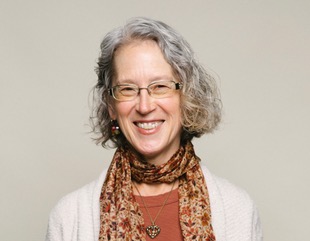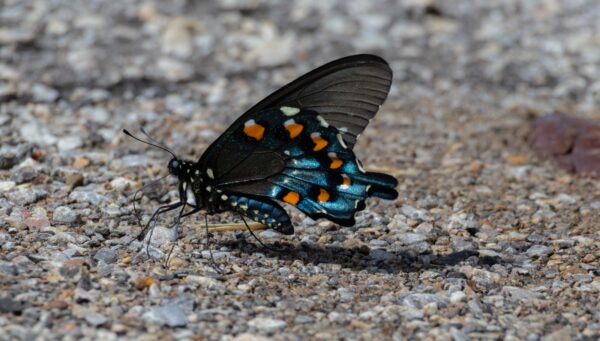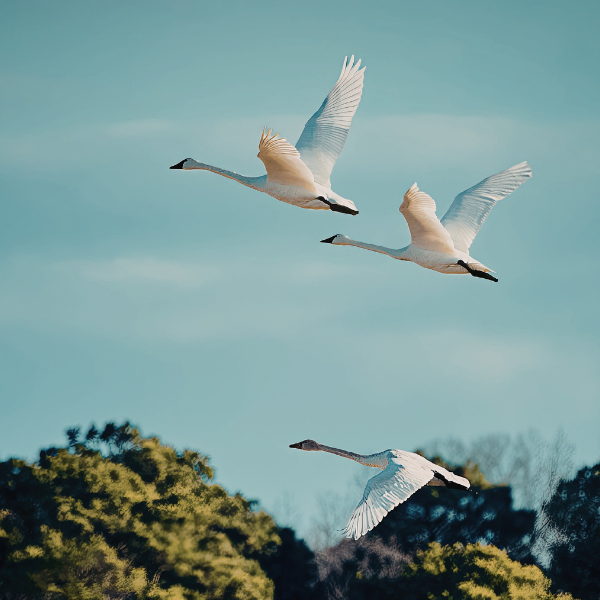I am delighted to share another beautiful submission to the Monk in the World guest post series from the community. Read on for Mary Camille Thomas’s reflection “Beholding God’s Sanctuary.”
My Grandma Sammie knew many psalms by heart and could quote them chapter and verse. Maybe she’s the one who inspired me one day almost twenty years ago to learn Psalm 63, or maybe I was drawn to the exquisite yearning in its opening: O God, you are my God. I seek you, I thirst for you, my flesh faints for you as in a dry and weary land where no water is.
What’s the best way to memorize a poem? Repetition is key of course, but I found it best to start with a gentle lingering on the lines, internalizing the imagery to absorb the meaning. When I came to the second verse, so I have seen you in your sanctuary, I tried to picture a sanctuary, and my brain produced the one closest to hand: my place of worship, Holy Cross Church in Santa Cruz, with its high ceiling and sunlight streaming through the stained-glass windows.
Then my imagination suddenly swept out of the building and two hundred miles away into Yosemite Valley. I visualized myself walking among the trees along the Merced River, Ponderosa pine and incense cedar, willows and cottonwoods, when I emerged into an open meadow. Granite walls rose up golden in the morning light, all around me crags and crenellations, spires and domes. There was the towering height of El Capitan and the distinct curve of Half Dome. The leap from Holy Cross to Yosemite surprised me, but maybe it shouldn’t have. Isn’t nature as much the home of the Divine as a church? John Muir called the Sierra Nevada the range of light, and I visited those mountains every summer. Of course my mind would latch onto Yosemite as the sanctuary of the Holy One. In fact, the very psalm I was trying to learn set me up to conflate God with the earth: my body pines for you like a dry, weary land without water.
“If you have just come to the monastery,” St. Romuald writes in his brief rule, “and in spite of your good will you cannot accomplish what you want, take every opportunity you can to sing the Psalms in your heart and to understand them with your mind.” I returned to the mental exercise of memorizing the psalm while trying to keep my heart engaged. My soul shall be filled as with a banquet …
Now another image came to mind, the morning of December 22, 1999, the last winter solstice of the millennium. I went out before dawn for a walk along the ocean cliffs in Santa Cruz. The biggest, brightest full moon in a hundred years was setting in the west, swathed in swirling mist. For the next forty-five minutes it was my beacon and companion, and I walked in awe. Finally, just as I reached my turning point, it dipped below the horizon. Show’s over, I thought sadly and turned around to start for home. What I saw then nearly took my breath away: a gorgeous sunrise had stolen up behind my back and was now in full pink and golden bloom across Monterey Bay. Here was the generosity of the Beloved on full display, sun and moon playing with the earth in a wild dance that seemed to be a secret shared between them and at the same time a wanton display for all us creatures to see. I had only to turn around to see fresh beauty on the horizon, a banquet indeed.
Before King David composed the psalms, we were given nature as a scripture. Praying Psalm 63 is a way for me to celebrate the written Bible and the book of creation at the same time. Both help me find my way into the cave of my heart. In a time of turmoil when I no longer take water or clean air or democracy for granted, this is no small thing. Retreating to this cave might seem like escapism, and yes, it is a respite, like a walk on the beach is, but my intention, with both formal prayer and time in nature, is to return to the world with a hope and compassion I don’t find on my own. After drinking from the well, I want to give voice to that hope, heart and hands to that compassion.

At home on the California coast, Mary Camille Thomas uses writing as a tool to navigate our crazy consumer culture. How do we balance the competing demands in our lives and touch the peace in the cave of our hearts? She explores possibilities in her blog The Kingdom of Enough.


